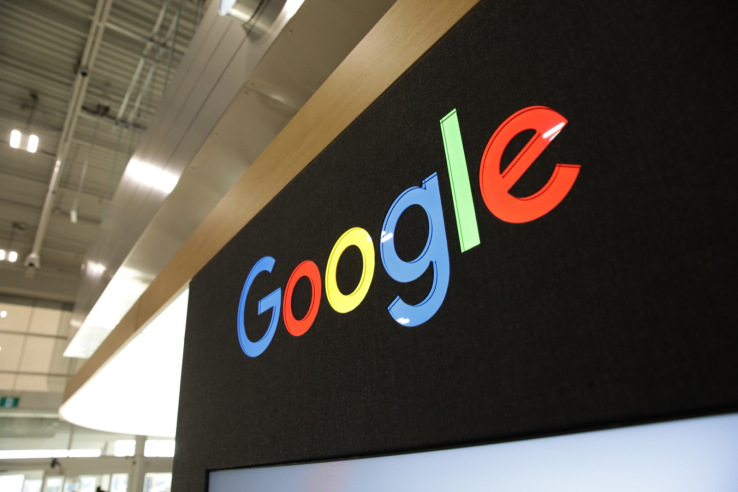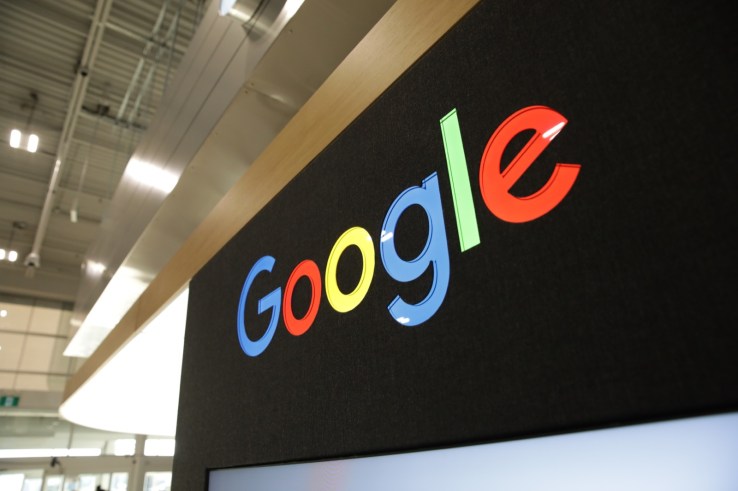

Another day, another way tech giants are found to be profiting handsomely from unsavory ad practices. Today brings the news, as reported by the Sunday Times, that Google has reaped “millions” from shady companies that advertise online as help lines for people suffering from addiction, but in reality funnel those people to expensive private clinics, earning huge commissions.
The basic idea is simple, and sound: someone searching for “help quitting pain pills” or something like that should be connected with the appropriate resources, and ostensibly that’s what help lines like those investigated by the Sunday Times’ undercover crew do.
But profit-oriented private clinics, which charge tens of thousands of dollars for their services, have begun offering huge referral rewards for sending patients their direction. And the referrers, in order to snag these people in need before the competition, have begun paying more and more for prime Google placement.
The report shows that referrers were paying as much as £200, around $270, for a single clickthrough. But that’s just a drop in the bucket if they successfully refer someone to a clinic, earning ten or twenty grand. Plus it bought them consultation with Google representatives who reportedly helped keep them at the top of the results.
It may be that the people looking for help did eventually find it. But naturally, they were not informed of any of these financial arrangements.
Might be nice to know that the ostensibly objective help line you’re calling is earning huge commissions from the places it refers you to, right? That’s why “patient brokering,” as it’s sometimes called, is banned in much of the US. And why Google doesn’t allow these kinds of ads here; it banned the whole category in September.
In a statement, Google said that it had today decided to make that ban apply to the UK as well.
Substance abuse is a growing crisis and has led to deceptive practices by intermediaries that we need to better understand. In the US, we restricted ads entirely in this category and we have decided to extend this to the UK as we consult with local experts to update our policy and find a better way to connect those that need help with the treatment they need.
One needn’t be too much of a cynic to find a few things worth asking. If it’s a question of medical ethics, why were the ads allowed in the UK at all? Why not extend the ban globally? Why did it take an investigative report to cause Google to “decide” to change its policy when presumably it had the tools to identify these problems itself?
There are, of course, major differences in how these clinics are regulated and allowed to operate between the US and UK, with (as you might expect) less regulation in the former. So a one-size-fits-all ban would be premature and possibly even harmful to those looking for help. Consulting with experts is a good start.
Yet one would hope that, having found pervasive slimy tactics in a business in one major market, Google would have been more proactive about looking into the presence of those tactics elsewhere. After all, it may be a niche but this wasn’t chump change: we’re talking about millions of dollars here.
This appears to be just another entry in the log of internet companies making money from both good actors and bad, only cutting off the bad when someone else points it out. They’re happy to apologize and change the policy afterwards, but seem to have remarkably little foresight when it comes to finding such things on their own.

